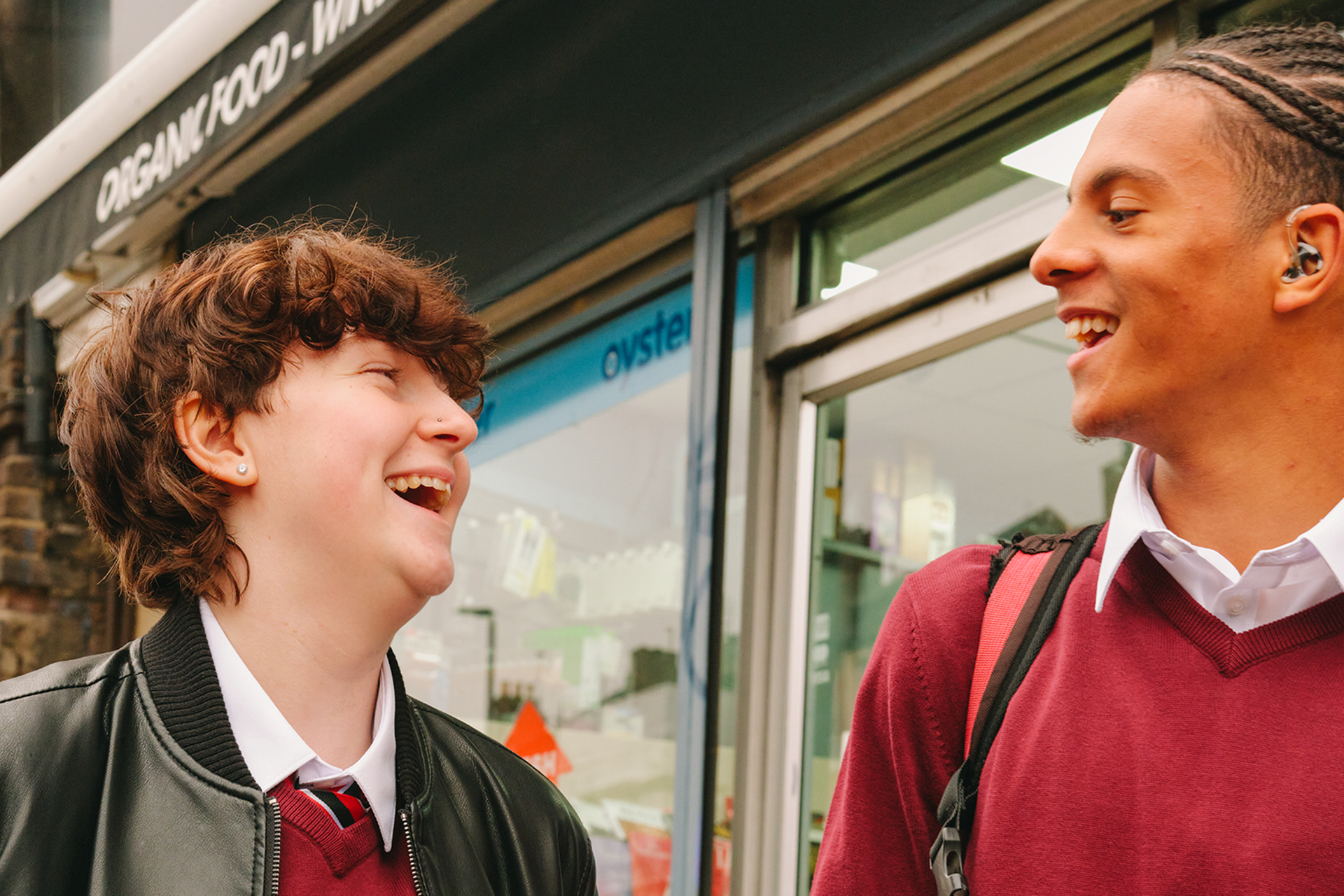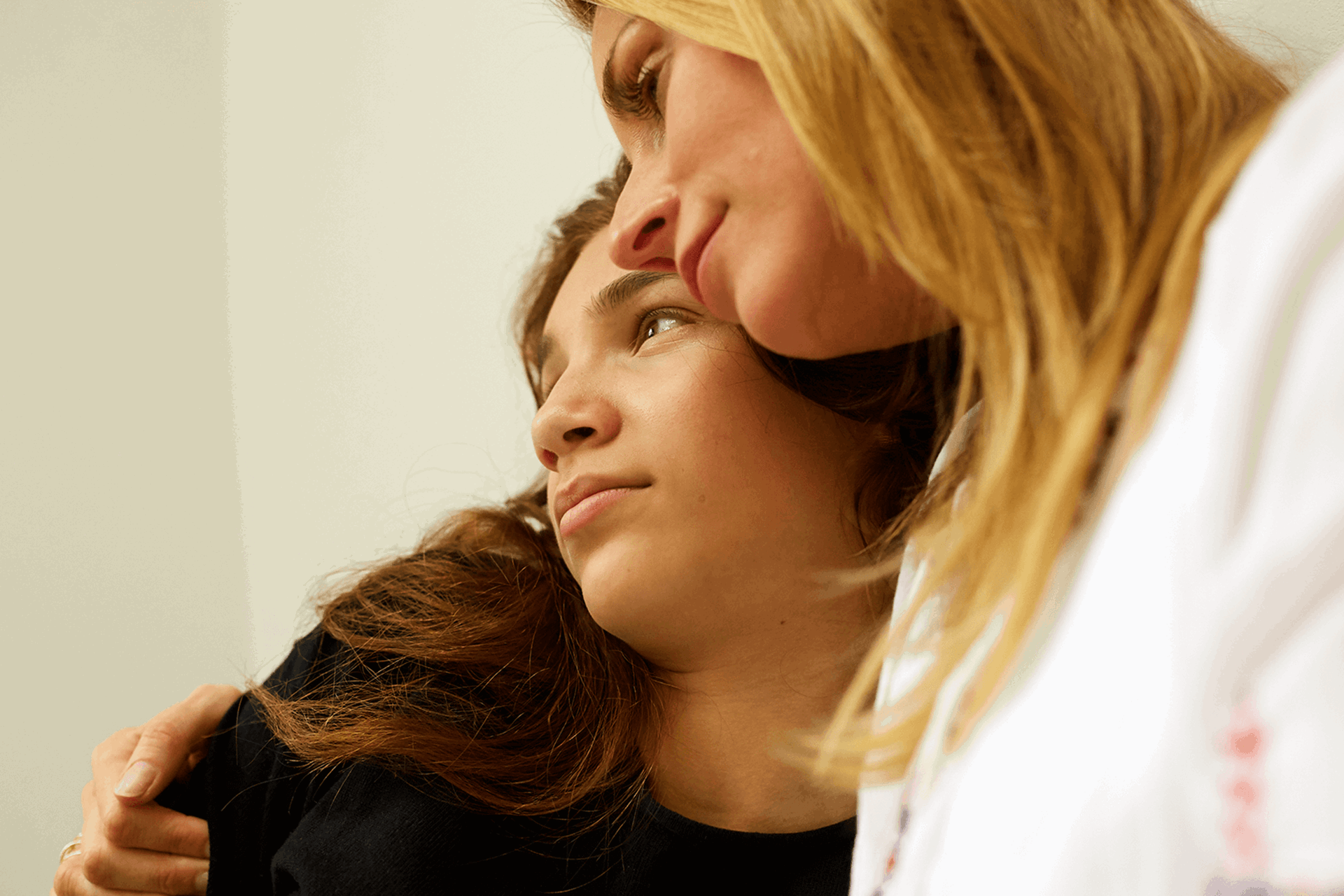Topics mentioned: autism and mental health
About: Autistic burnout is when you feel completely exhausted from masking and sensory overload. Lily, 25, explores the impact of this on her mental health and shares coping strategies that have helped.
This blog contains reference to suicide and self-harm. Please do not read on if you think the content may be triggering for you. If you are currently struggling with your mental health, please visit our find help page for information, advice and guidance on where to get support.
Autism still isn't understood as well as it should be, and when you're experiencing mental illness too, it can make it even more complicated. I've been having a hard time recently and this has led to autistic burnout. I want you to know that if you’re struggling too, you are not alone. I’d like to share my experience and the things that I’ve found helpful.
My experience of autistic burnout
I thought my mental health was the best it had been, but in hindsight I think I was masking my autism without even knowing what masking was. I thought I was coping, but I was suppressing and stopping the things that helped me, because they weren't what other people did. Keeping up with expectations and deciphering social cues was much harder than I realised.
My mental health soon started going downhill. I started to self-harm again, was exhausted all the time, and had to take days off work. I was then admitted into a psychiatric ward, then again a few months later, and then a few months after that I attempted suicide after a very difficult year. During my final stay in hospital, for the first time in years, my autism rose to the surface. The noise on the ward was overwhelming and I struggled to engage in conversations, became nonverbal and everything felt too difficult. It was as if my brain was too full of everything else. Even things like watching TV to relax felt too much. This was my first time experiencing anything like this, so I didn't have the correct tools in place to manage my symptoms.
The noise on the ward was overwhelming and I struggled to engage in conversations, became nonverbal and everything felt too difficult.
I was eventually discharged, but things haven't gotten much better. I am far more sensitive to sensory input, especially noise and unwanted touch, and go into shutdown a lot more easily, especially in busy environments. Some days I can’t manage the things that I need to do, even if it’s only getting out of bed and getting something to eat.
Here are some things I’ve found helpful when dealing with autistic burnout:
I have a selection of fidget toys to keep my hands busy if I'm feeling stressed. I can pick one that suits what I'm feeling in that moment, as different sensations work better at different times. I’ve also made cardboard wheel bracelets in the past as a simple craft activity. It keeps your hands busy and gives you something nice when you've finished, either for yourself or to give to a friend.
I listen to music if I want something more than silence. A familiar song or one that matches the way I'm feeling has been really helpful. It allows time away from the present so I can decompress. It’s also very effective when you only want to hear noise that you can control. I find controlled noise a lot easier to deal with than noise that is unexpected, can’t be turned off or changed.
My dogs have always been a lifeline for me, but when I'm down they're particularly wonderful to have around. They’re happy to cuddle when I'm feeling exhausted, and cheer me up when I’m able to get out in the garden with them. I can also be myself around them, because they don’t make me feel ashamed for being me. This is really refreshing in a world that constantly criticises me for not being "normal" or "doing what I should be". That non-judgement is really what I need, especially the certainty of it. I don't feel pressured to push myself to be presentable or to fit in as I know my dogs never expect that of me.
I've started going to a church and have made some new friends. Everyone is so kind and have stepped up to help me. I had visits in hospital which I really wasn't expecting. They’ve helped me with things like shopping and watering the garden, or are around to chat and are there for me if I need them. Having a support network is so important, especially when I feel I can't manage things by myself. Don’t be afraid to accept support, because the people around you really do care and want to help.
I've finally managed to get back into my special interest of Tracy Beaker. While it doesn't solve any problems, it does make me happy, joy I haven't experienced for a long time. Even on days I can't process watching a whole episode or working out a theory, I've got those characters and old memories to make me smile.
I've also gotten back into writing, using it as a way to process what I've been through. I know a lot of people journal, but I find using characters I know well to explore my emotions works better for me, allowing me a little bit of distance to be able to process and reflect. If journaling isn't working for you, maybe try this.
If you’re going through autistic burnout, I hope that you can be kind to yourself, and give yourself time to recover at your own pace. It's really important to find people who accept you for who you are, who love and cherish you the way you deserve. And to believe that one day things will be better, that there is a reason you are here today, and to hold on to whatever you can to see you through.
More information and advice
We have tips and advice to help you find the support you need. Take a look at our guides.
Where to get help
However you're feeling, there are people who can help you if you are struggling. Here are some services that can support you.
-
Samaritans
Whatever you're going through, you can contact the Samaritans for support. N.B. This is a listening service and does not offer advice or intervention.
- Opening times:
- 24/7






